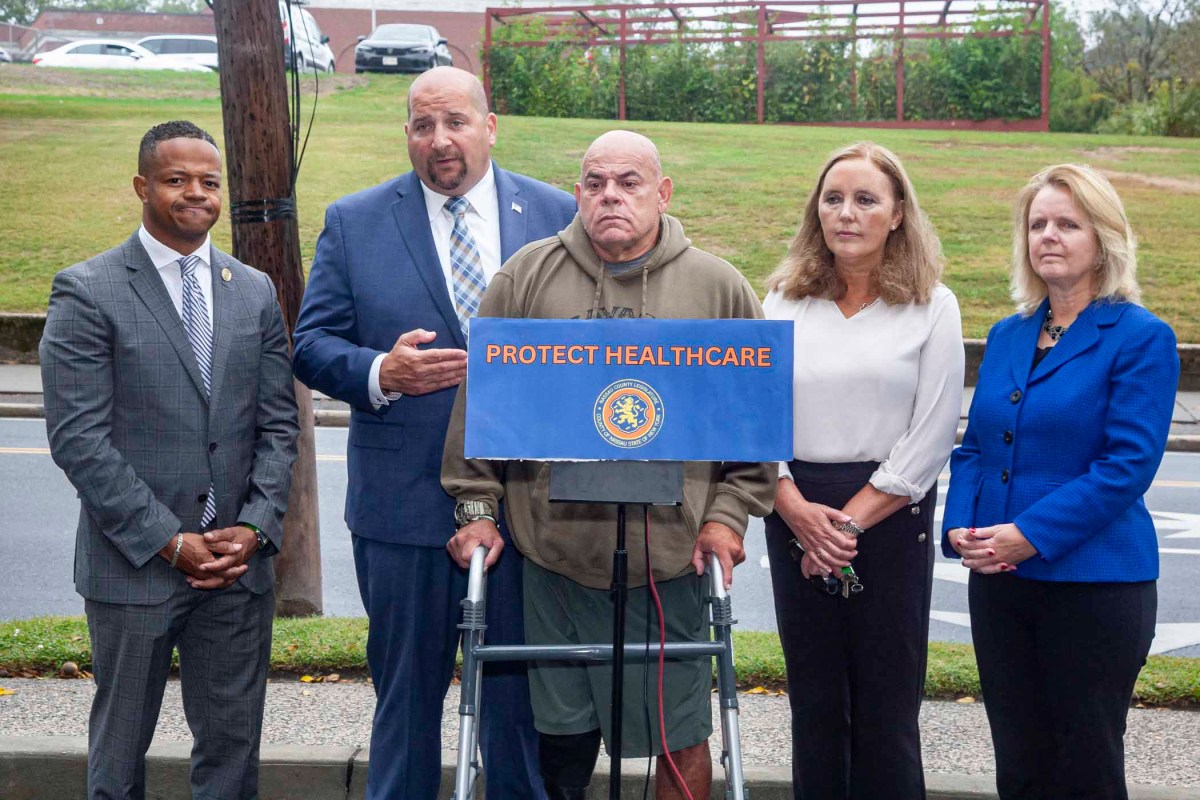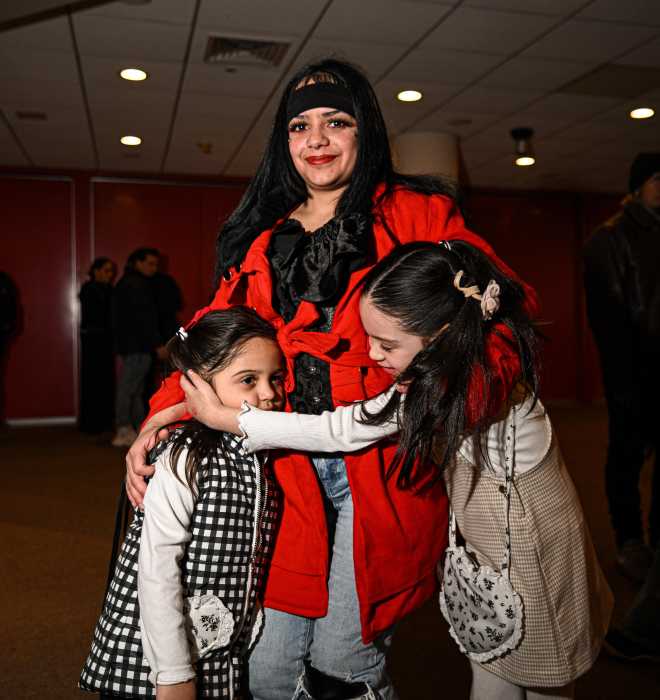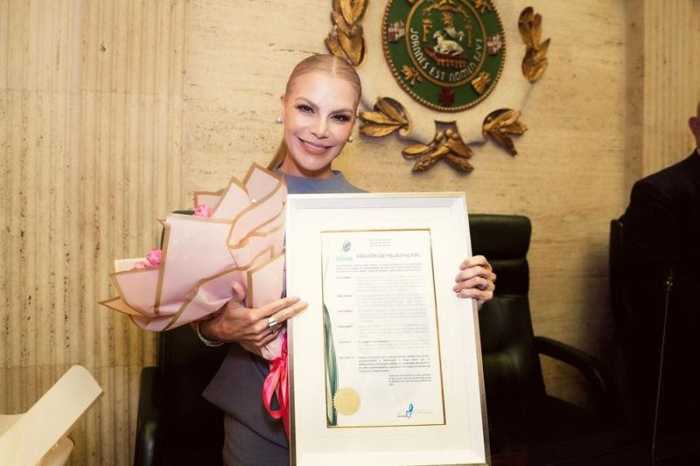In 2022, Glen Cove native Carlos Vasquez was hit by an SUV while working as a crossing guard outside Deasy School. He was brought to the hospital in critical condition and was released months later.
Vasquez suffered a traumatic brain injury, went into cardiac arrest twice, and was intubated during his approximate four-month hospital stay.
“I don’t remember the accident… the only thing I remember is the kids sending me cards,” he said. He said he received hundreds of cards wishing him a fast recovery.
It wasn’t the first time Vasquez suffered a vehicular accident, though. In 1985, he was hit by a Mack truck, which cost him his leg.
Now, Vasquez said he faces a new challenge: the proposed Medicaid cuts in the federal government’s Big Beautiful Bill Act, which may cost him his healthcare.
“I’m kind of lost… I don’t know if I’m going to lose my healthcare. I don’t know what’s going to happen,” he said at a press conference on Thursday, Sept. 25.
Vasquez said his doctors don’t know if they will be able to take his healthcare if the proposed cuts are passed. He said his prosthetic leg alone is thousands of dollars.
Vasquez said that without Medicaid, he wouldn’t be able to do anything.
He said he sought advice from Nassau County Legislature Minority Leader Delia DeRiggi-Whitton, with whom he went to high school.
DeRiggi-Whitton held the press conference in Glen Cove — alongside fellow Democratic Legislators Seth Koslow, Carrié Solages, and Debra Mulé — to advocate for Vasquez and others who rely on Medicaid.
“This isn’t about politics; it’s about our people,” said Koslow, the Democratic candidate for county executive,
Koslow said he would like county legislators can work together to see what resources they can provide at the local level.
“We don’t have the answers right now, but we are asking to sit together, put a solution in place if this comes through the way we expect it to, so that Carlos and people like him aren’t affected negatively by cuts,” he said.
Koslow said one in 10 Nassau residents relies on Medicaid. DeRiggi-Whitton said that over 250,000 in the state rely on the program.
“If we don’t fight back for these people, then it’s an embarrassment,” DeReggi-Whitton said.
































